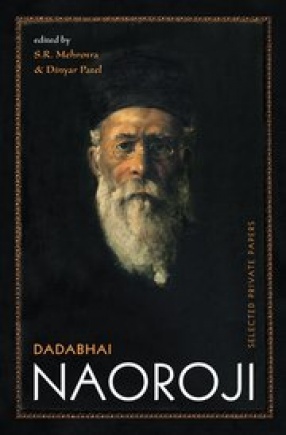
S.R. Mehrotra

Showing all 6 books
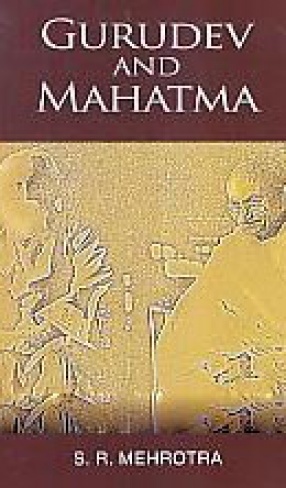
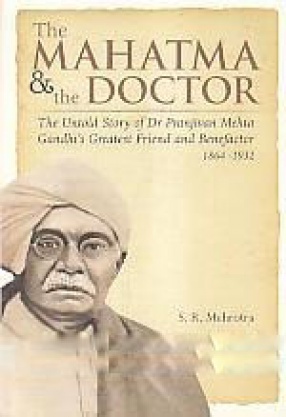
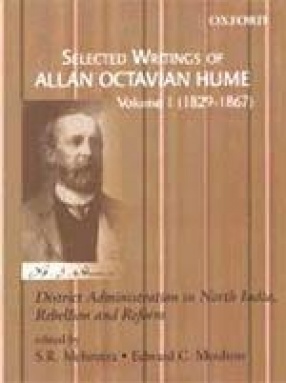
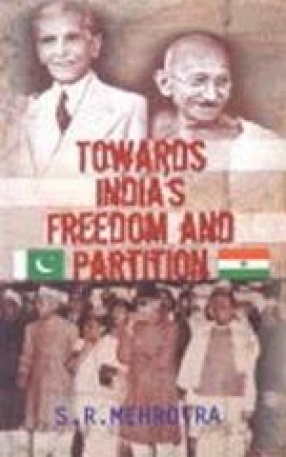

Dadabhai Naoroji (1825-1917), popularly known as the ‘Grand Old Man of India’, was thrice elected president of the Indian National Congress. In 1892, he became the first Indian to be elected to the British House of Commons. He was one of the primary advocates of Swaraj, or self-rule, for India. Naoroji’s most lasting contribution to Indian nationalism was his exposition of the exploitative nature of British colonialism through his ‘drain ...



This volume focuses mainly on Hume's years in district administration in the north-western provinces, now part of the state of Uttar Pradesh. Hume was immersed in this region for seventeen years, eleven of which were spent in one district, Etawah, where he was magistrate and collector from early 1856 to the spring of 1867, except for two years (1861-3) of sick leave in Britain. He lived through the thick of the rebellion of 1857-9, blamed the outbreak on ...
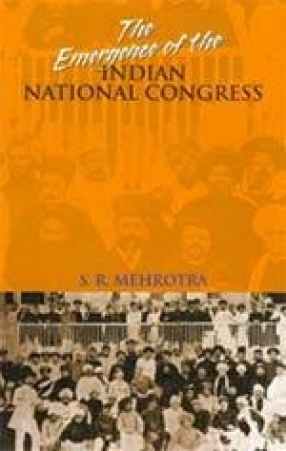
This book is not merely or even mainly concerned with unraveling the mystery which has so long aims at a comprehensive study of the growth of modern politics in India, from the organization of the Bengal Landholders’ Society in 1838 to the birth of the Congress in 1885. It analyzes Indian reactions to the Western impact, particularly to British rule and Christianity. It throws new light on the causes and consequences of the revolt of 1857. It examines the ...

The history of the Indian national movement deserves to be better studied and known than has been the case so far. It was marked by a great deal of heroism and sacrifice on the part of the Indian people. It had leaders who were both brave and wise and of whom posterity can reasonably be proud. The partition of the country in 1947 diminished to some extent the glamour and glory of the achievement of independence. But even the partition was not an unmitigated evil. ...
